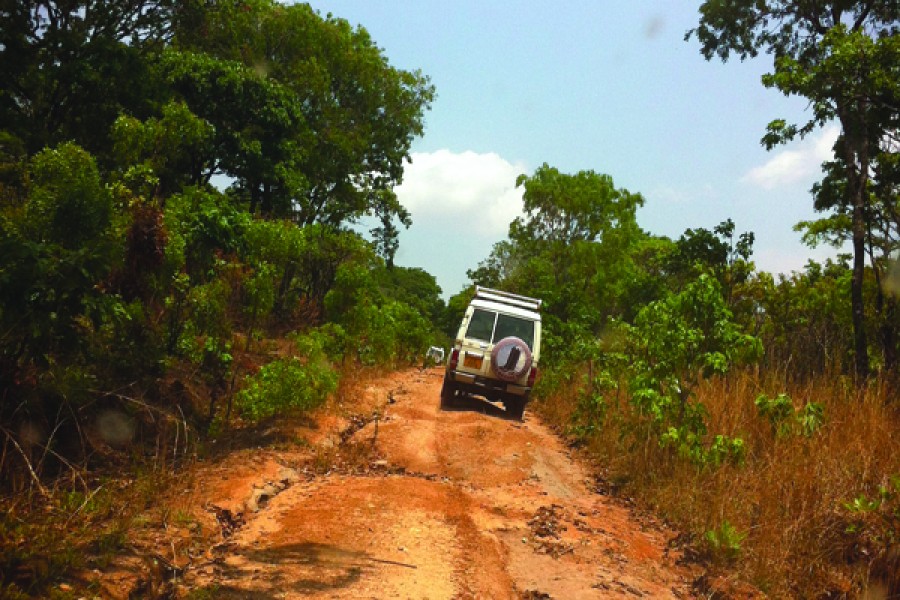"I returned recently from a field visit to Wampembe Health Center in an extremely remote area of western Tanzania. To get there, I traveled on the worst road I have ever seen—100km of dirt and stones and hills and ruts.
"The nearest health facility that can handle an obstetric emergency is six hours by boat. There is absolutely no phone coverage, and the lorry that travels twice a week from the village to town takes much longer than the four-hour Land Cruiser trip that brought me there. If a woman in labor has complications, and it's before 3:30 p.m., Wampembe can radio for an ambulance. But it will take four hours for the ambulance to arrive, and then four hours for it to return to the district hospital. In short, any woman with a complication out here is basically out of luck.
"During our visit, the clinical officer in charge couldn't stop talking about the emergency obstetric and newborn care training he had received through the Jhpiego-led Mothers and Infants, Safe, Healthy and Alive Program, supported by the United States Agency for International Development. 'BEmONC [Basic Emergency Obstetric and Newborn Care] saves lives,' he said, pointing to the only woman in the postnatal ward that day as living proof of his claim. Unlike her other births, Ashura Baraka, 25, had begun bleeding after she delivered her baby girl. Two Jhpiego-trained midwives on duty diagnosed a retained placenta, manually removed it, and properly managed the postpartum hemorrhage, likely saving the young mother's life.
"Baby Upendo and her mom were going home that day. While driving back to town, I kept thinking about the hundreds of pregnant women in underserved communities who do not have access to basic lifesaving care. I thought of the dedicated midwives at Wampembe and other health centers we support and the sense of pride they evoke. I got out my phone and emailed my staff, Good morning, everyone. You saved a mother's life this week."
Posted in Health, Voices+Opinion
Tagged jhpiego, obstetrics








